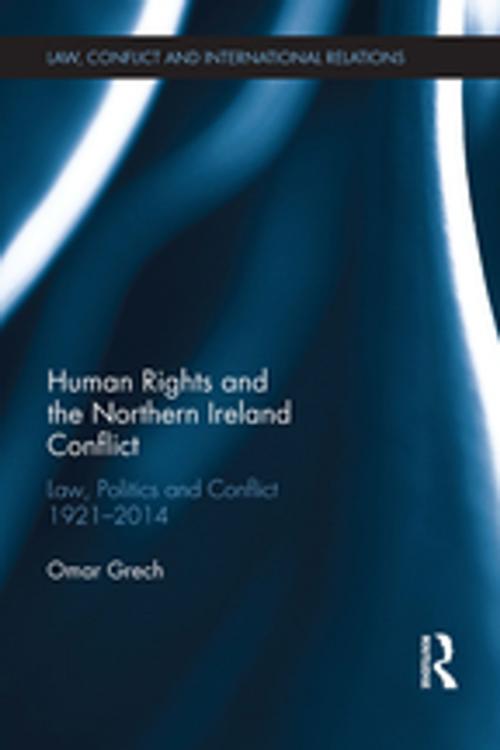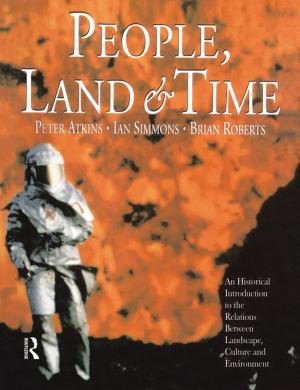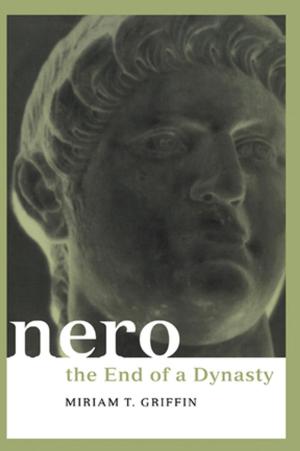Human Rights and the Northern Ireland Conflict
Law, Politics and Conflict, 1921-2014
Nonfiction, History, British, Social & Cultural Studies, Political Science| Author: | Omar Grech | ISBN: | 9781351785488 |
| Publisher: | Taylor and Francis | Publication: | August 9, 2017 |
| Imprint: | Routledge | Language: | English |
| Author: | Omar Grech |
| ISBN: | 9781351785488 |
| Publisher: | Taylor and Francis |
| Publication: | August 9, 2017 |
| Imprint: | Routledge |
| Language: | English |
This interdisciplinary book explores the Northern Ireland conflict through a human rights framework.
The book examines the conflict from the creation of the Northern Ireland state in 1921 to 2014. This timeframe allows an analysis of how human rights impacted upon the conflict in its broadest understanding (i.e. the pre-violent conflict, the violent conflict and the post-violent conflict phases). Furthermore, it allows for a better understanding of how the various stages of the conflict impacted upon how human rights are understood in Northern Ireland today. The study’s main findings are that: (i) human rights had a significant impact on the development of the conflict; (ii) human rights violations were both underlying causes and direct causes of the descent into violence; (iii) the conflict coloured the view of human rights held by the main political actors; and (iv) human rights continue to be partially understood through the prism of the conflict. More generally, this interdisciplinary work explores the relationship between law, politics and conflict.
This book will be of much interest to students of human rights, conflict resolution, British politics, law and security studies.
This interdisciplinary book explores the Northern Ireland conflict through a human rights framework.
The book examines the conflict from the creation of the Northern Ireland state in 1921 to 2014. This timeframe allows an analysis of how human rights impacted upon the conflict in its broadest understanding (i.e. the pre-violent conflict, the violent conflict and the post-violent conflict phases). Furthermore, it allows for a better understanding of how the various stages of the conflict impacted upon how human rights are understood in Northern Ireland today. The study’s main findings are that: (i) human rights had a significant impact on the development of the conflict; (ii) human rights violations were both underlying causes and direct causes of the descent into violence; (iii) the conflict coloured the view of human rights held by the main political actors; and (iv) human rights continue to be partially understood through the prism of the conflict. More generally, this interdisciplinary work explores the relationship between law, politics and conflict.
This book will be of much interest to students of human rights, conflict resolution, British politics, law and security studies.















